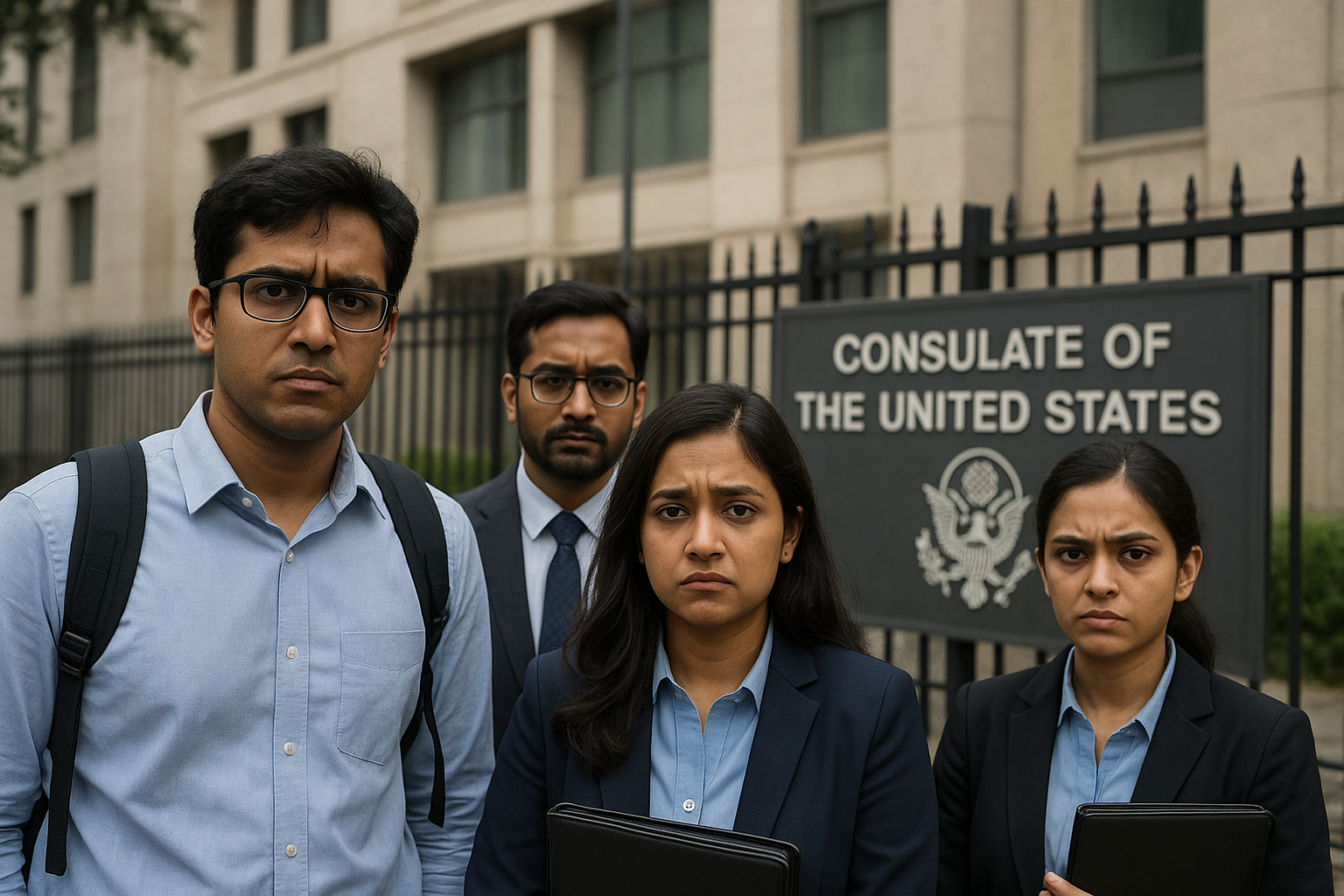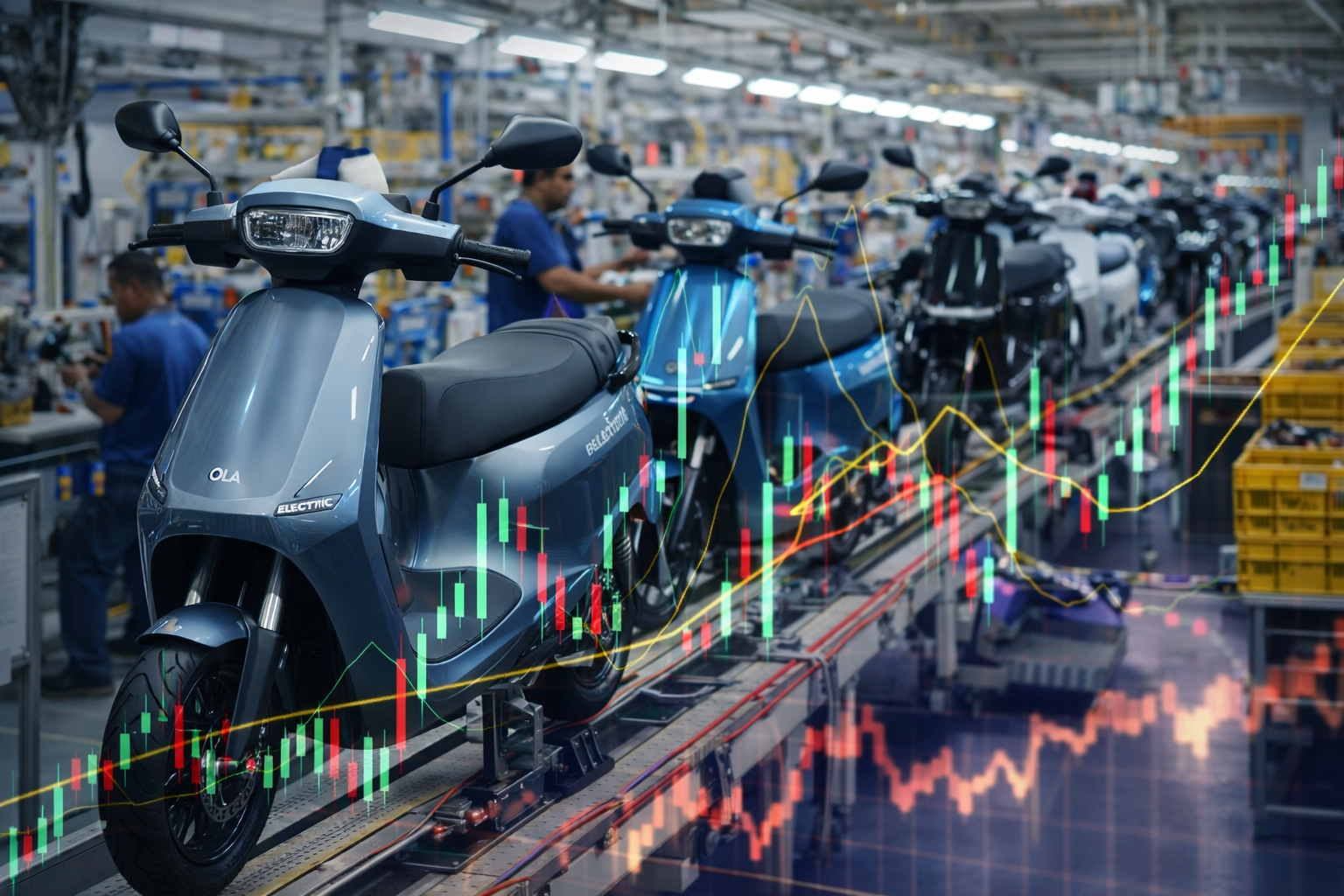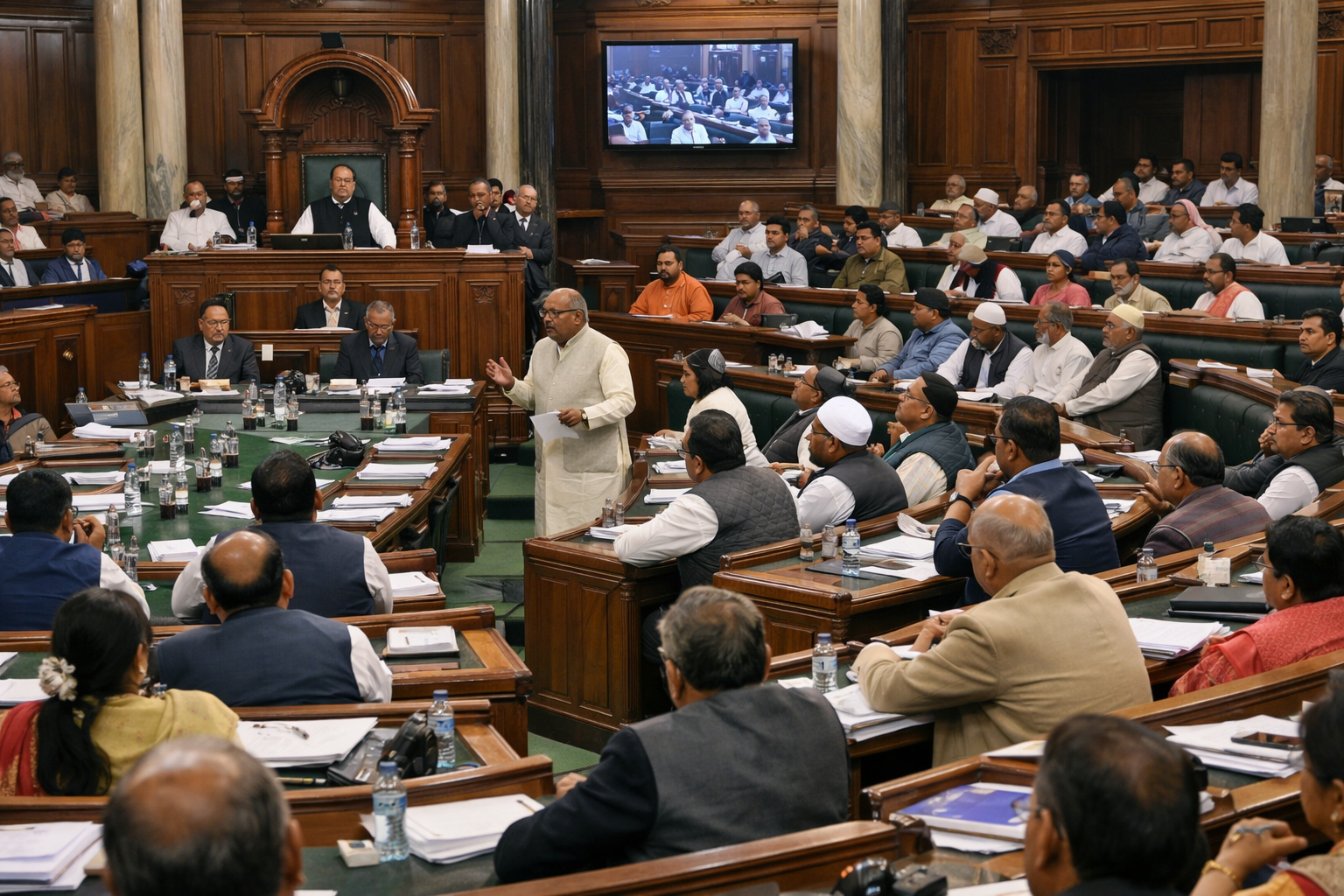Introduction
The recent hike in H-1B visa fees in the US has rattled the tech industry, sparking debates about immigration and talent mobility. At the center of this conversation, an old post by Elon Musk defending the H-1B system has resurfaced, reminding many of the role it played in shaping his career.
Background / Context
The H-1B visa program has long been a gateway for skilled professionals, particularly from India, to work in the United States. Tech giants like Google, Microsoft, and Amazon heavily rely on this talent pool. However, the newly revised fee structure ccrequiring $100,000 per application has left companies and workers concerned about the program’s future.
Musk’s Defense of H-1B
Years ago, Musk publicly credited the H-1B visa for enabling his journey to America and supporting the creation of companies like SpaceX and Tesla.
- Musk stated that the visa brought “critical people” who helped build industries vital to the US economy.
- He emphasized that without skilled immigrants, America would not have maintained its global tech leadership.
- At the time, Musk even vowed to “go to war” to protect the system from critics.
Expert Insight
Industry experts warn that the new fee structure could disproportionately affect Indian professionals, who make up nearly three-fourths of H-1B recipients. Analysts believe this may lead to fewer opportunities, layoffs, and a shift of talent back to India, impacting innovation pipelines in Silicon Valley.
Why It Matters
For India, the changes hold deep consequences. With thousands of students and tech workers dependent on H-1B visas, higher fees could deter both individuals and companies from pursuing opportunities in the US. For the US, it risks slowing innovation and undermining its competitive edge.
What’s Next
Policy experts expect growing pressure from tech companies on the US administration to revise or reconsider the fee hike. Meanwhile, India may look to absorb returning talent into its expanding AI and semiconductor industries.
Conclusion
Elon Musk’s resurfaced words underscore the critical role the H-1B visa has played in shaping global innovation. While the program faces challenges, its future will directly influence both US competitiveness and Indian talent mobility.



